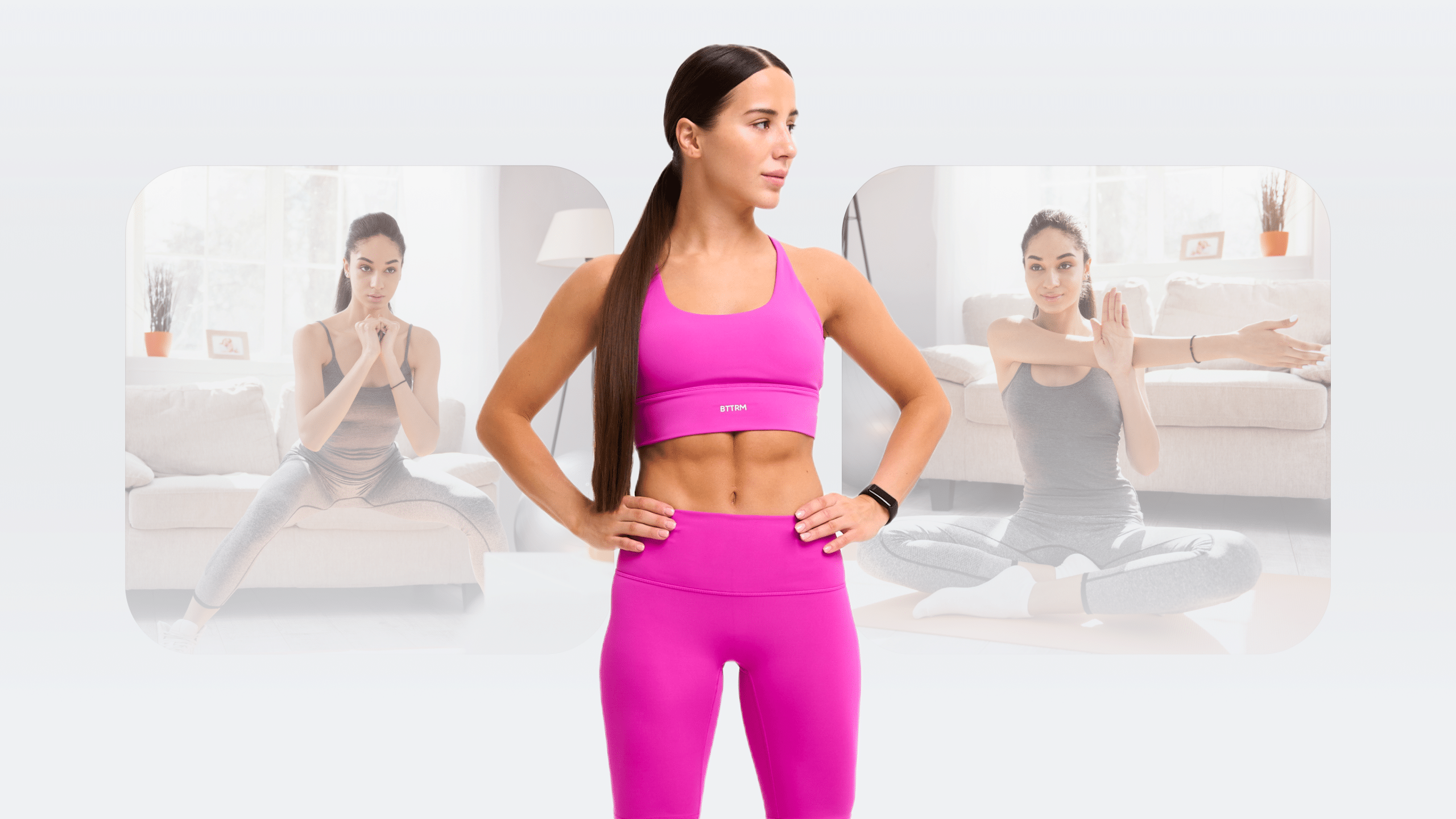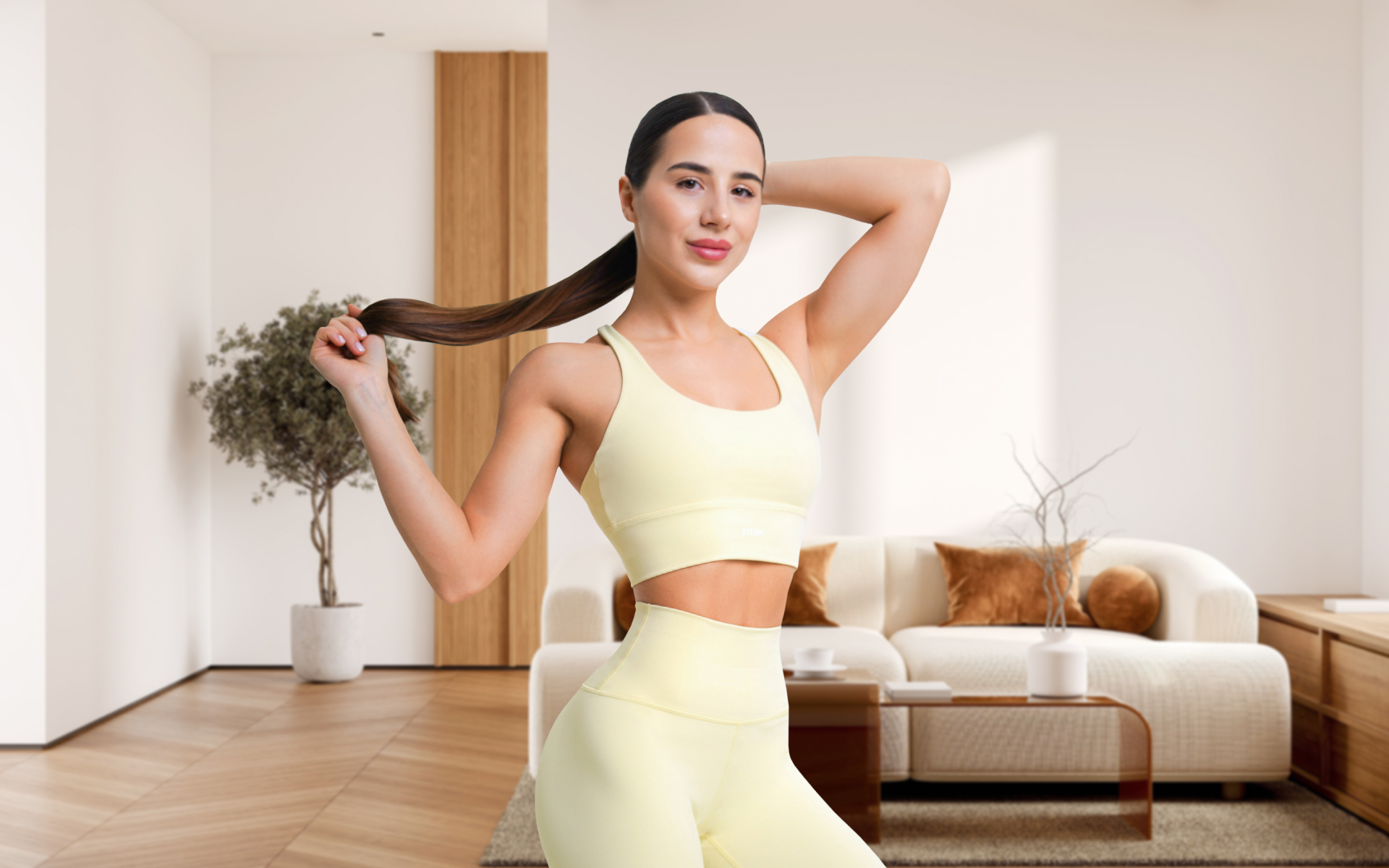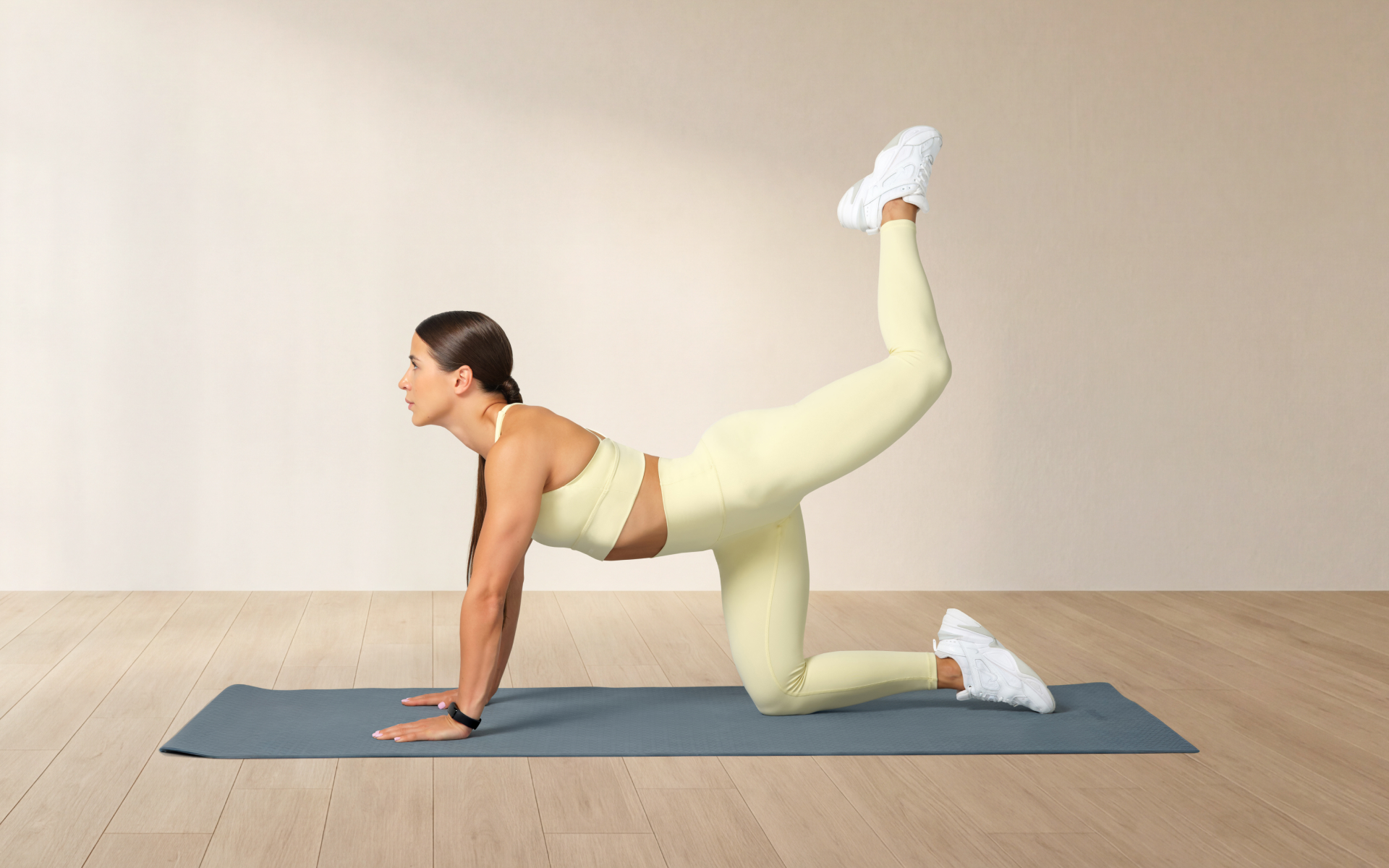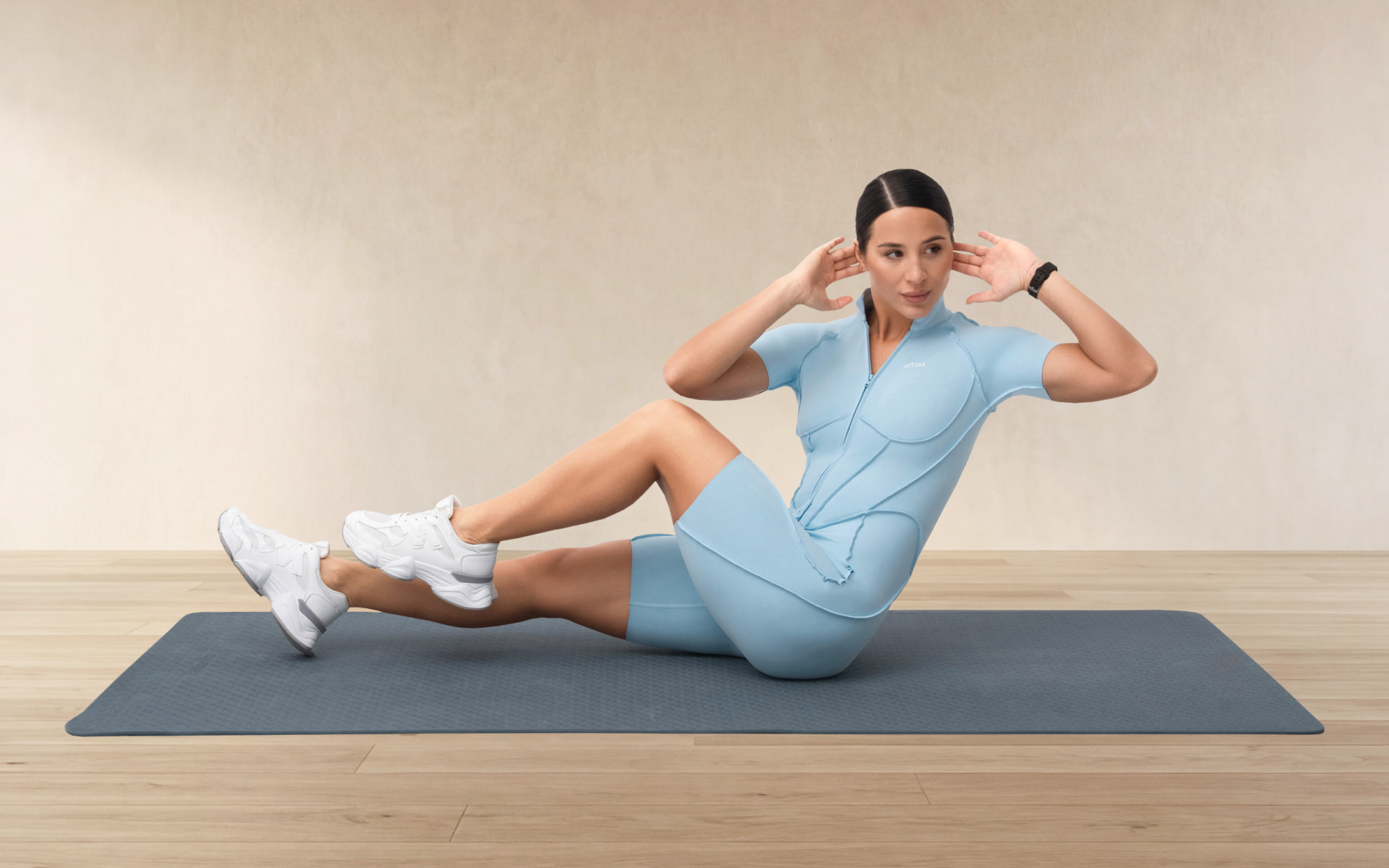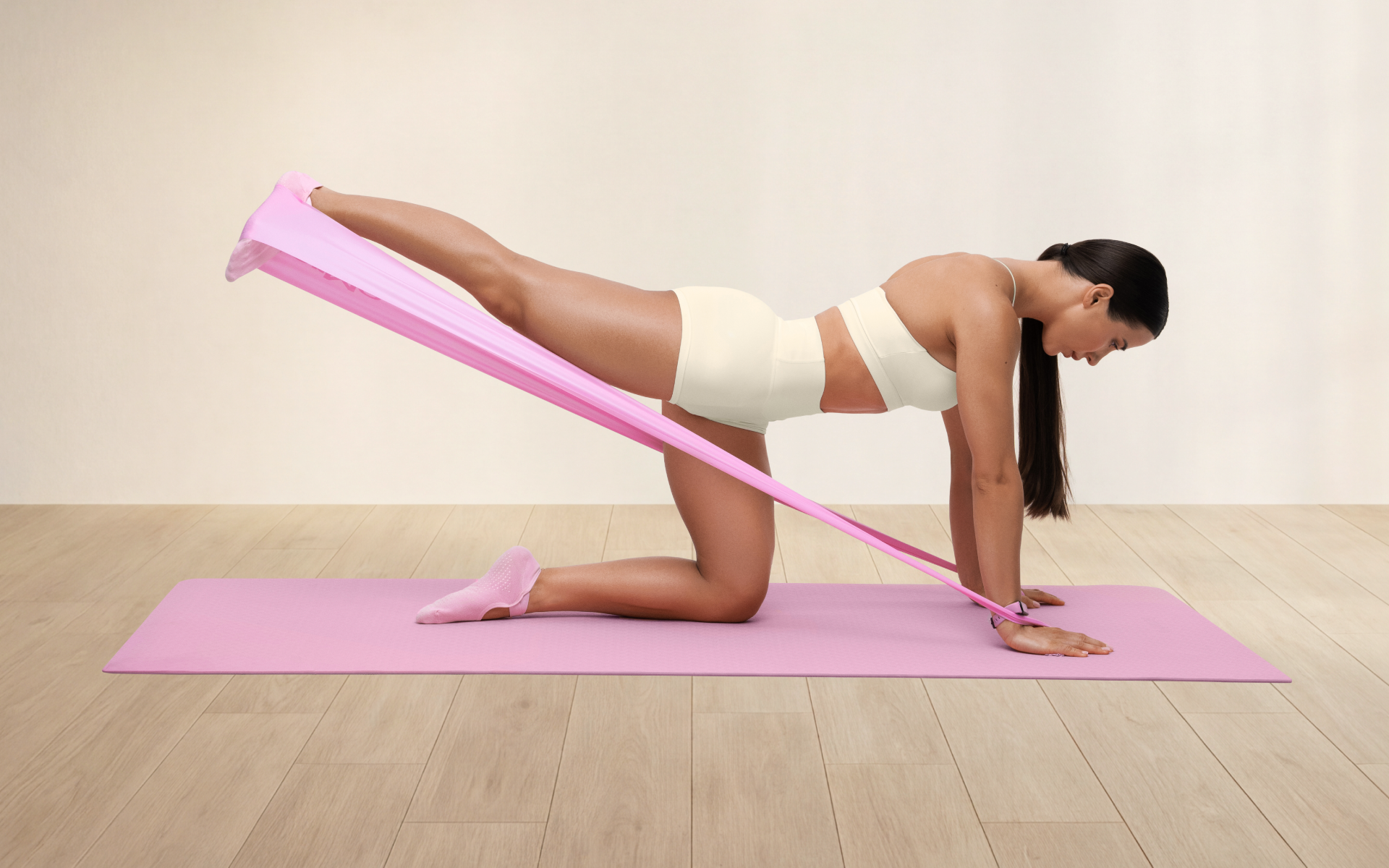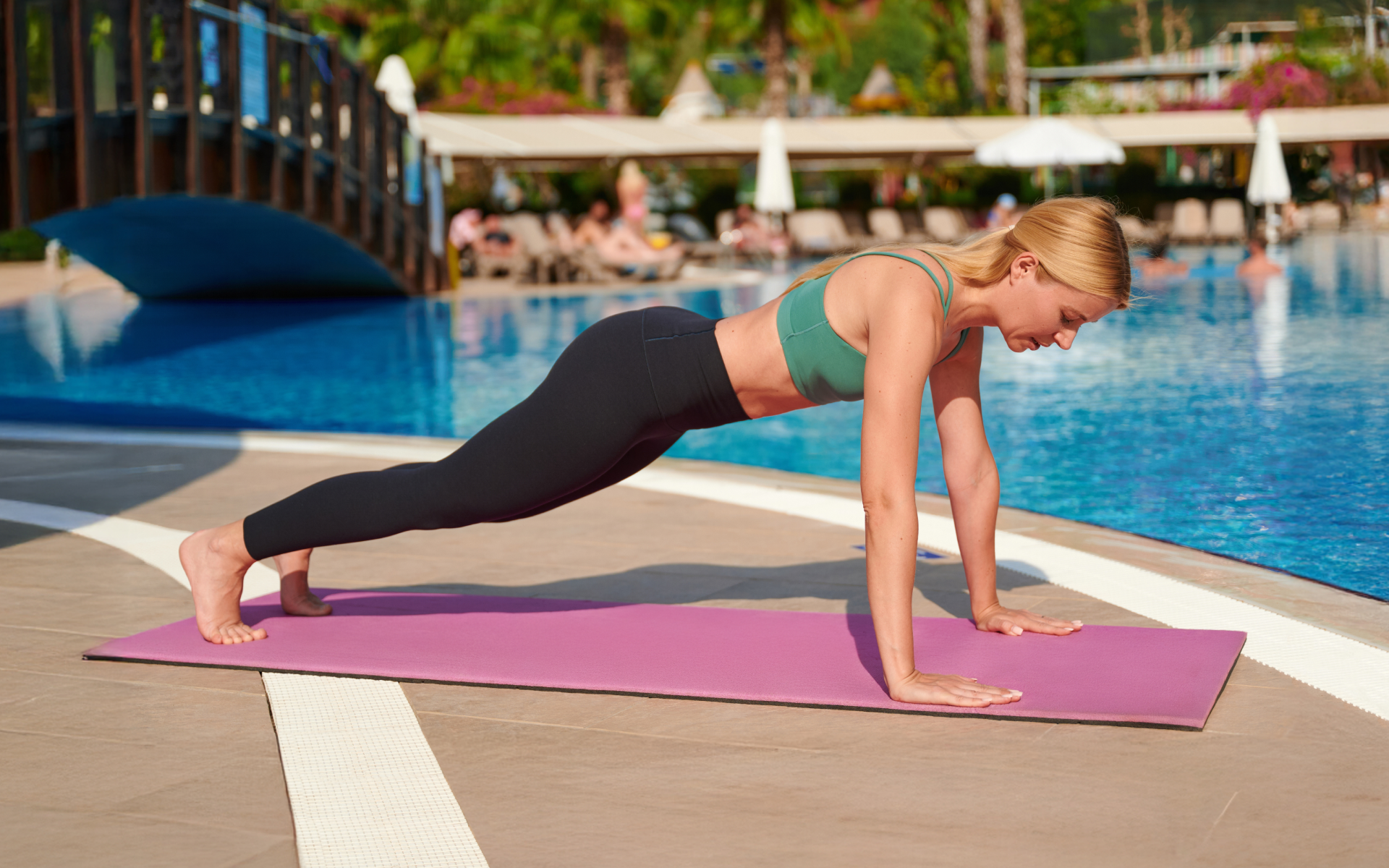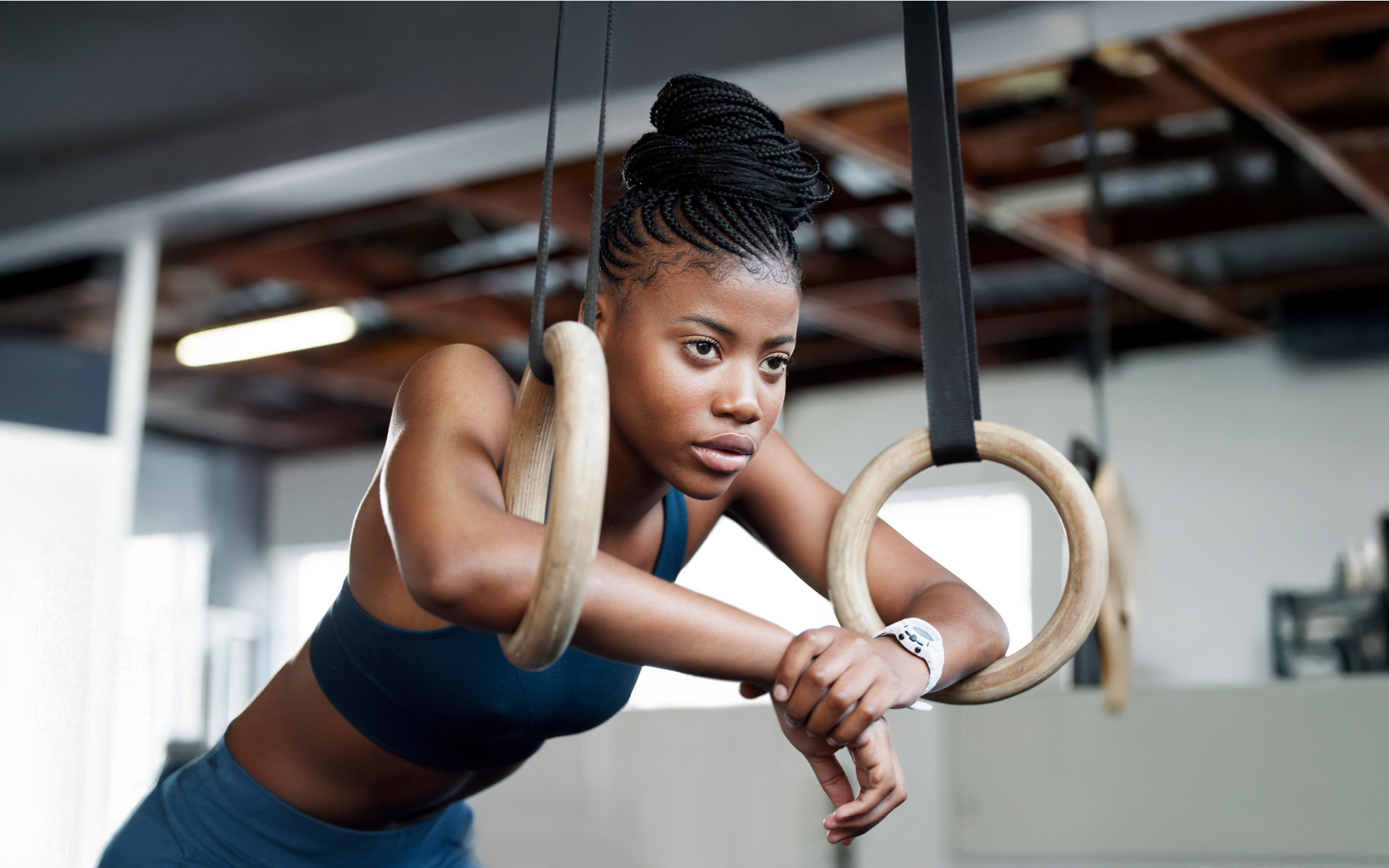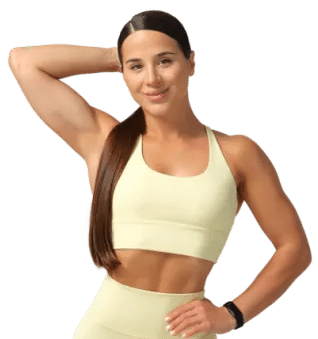When it comes to working out, especially as a beginner, the biggest question is always – where to start. Calisthenics is a workout program that has been around for a long time, but has only in the last 4 years or so has gained popularity.
If you have been following many calisthenics experts online, then you have seen the crazy moves they can do. While these experts are certainly impressive, we should remind ourselves that they didn’t become experts overnight and that what you see online is a result of years of hard work and discipline.
For you to become like them, you too must start where they did. Calisthenics for beginners at home is one such way to do this. In this article we shall give you a comprehensive intro to calisthenics telling you how to start, the best exercise and tools to use, how to make a beginner program and much more.
Can I Do Calisthenics Without Gym?
Yes, you absolutely can do calisthenics (and may become as great as the people you see online) without ever having to step foot in a gym. Infact, the simple fact that you can start a beginner calisthenics program at home is the main reason why people choose this type of workout plan to begin with!
To put this into perspective, we should remember that calisthenics is described as a type of resistance training that relies on your body weight and gravity to build strength and endurance. It is a discipline that is based on bodyweight skills aiming to improve health and fitness(10).
Can I Start Calisthenics At 30?
Yes, you can. As we get older, we tend to talk ourselves out of a lot of things – both fun things and those that are good for us – by claiming that we’re too old for them or that our bodies cannot do it anymore. Fact is, we are not as strong as we used to be.
While the latter part has some truth to it – we start losing 3 to 5% of muscle mass per decade after the age of 30 (7) and the loss worsens drastically when we hit our 60s -with the worst effects seen after we hit our 80s (6), this does not mean that we cannot start working out as early as 30 to prevent and even slow down the process.
According to Harvard Health Publishing and the National Institute on Aging, there are four main types of exercises that we need to do throughout our lives and especially as we age. These types include (8, 5)
Endurance activities
These are also known as aerobic exercises or cardiovascular endurance. Such activities and exercises offer the most benefits to your heart, lungs, and circulatory system. They also boost your endurance, meaning that you will not get as fatigued completing daily activities and also reduce the risk of chronic illnesses and cancer
Strength Training
As previously mentioned, we start losing muscle mass as we age. Strength training helps maintain your muscle mass, with the possibility to even build more. Improving your overall strength also helps you in your day-to-day life.
You are able to lift heavier things with ease and can move around easier. These exercises are great for bone health, weight management, pain management and relief, as well as posture and balance.
Flexibility
This is done through stretching, and mobility routines. Stretching your muscles helps keep them nibble and in good health, allowing you to reach your full range of motion. Healthy muscles are also less likely to cramp or strain which always causes pain and increases the risk of injury.
Balance exercises
These workouts do exactly as the name suggests. They improve your balance, thus reducing your risk of falling. While balance exercises are largely recommended to seniors, they are also important for people with all ages.
You use your balance when walking, going up and down the stairs, reaching for something from the top shelf, putting in your pants a leg at a time, etc.
Calisthenics is the perfect workout program, as all these recommended types of exercises can be found under this one umbrella. You are able to improve both your physical and mental health by just doing calisthenics for beginners at home.
You do not have to go through the complicated process of finding different plans to fit each area, since a simple full body workout routine will very likely include all these – and all without the need for the gym.
If you struggle to even flirt with the idea of giving up your favorite foods or working out till your legs give way – BetterMe app is here to breathe a fresh perspective into the way you view the weight loss process! Check out the app and experience the fun side of fitness and dieting with BetterMe!
How Do I Start Calisthenics From Zero?
Clearly this workout can be done by anyone regardless of age and the benefits are spectacular, but how on earth does one start? Before diving in head first into workouts that make up the most effective and best calisthenics for beginners at home routine, let’s first take a look at some equipment that you will need.
Equipment Needed For Any Calisthenics Beginner Workout Plan
A huge selling point of calisthenics – aside from the fact that you do not need a gym membership for it, is the fact that you do not necessarily need any equipment to do these exercises.
While you can technically follow a calisthenics workout with no equipment, some equipment is good to have to get the most out of your exercises and complete routines without too much of a struggle. These include:
The right clothes
You may not think of your clothing as equipment or even as an important part of your workout routine, but your clothes have a bigger role than you give them credit for. While you do not have to go for big brand name clothing for your beginner calisthenics program, it is important to find clothes that are stretchy and breathable.
This allows you to move freely and for sweat to evaporate quickly. Light and breathable fabrics are especially important for those people who sweat a lot or for anyone working out in the heat – e.g during the summer months (11).
The right shoes
Like clothes, shoes matter more than people think. You are advised to choose shoes that fit well and provide good support for your feet. Because some calisthenics workouts require jumping, proper cushioning is essential. The soles should be non-skid and the arch in the shoe should be cushioned and neither too high nor too low (4).
A yoga/gym mat
Like the shoes, this provides cushioning between you and the floor/ground. This cushioning is good as it keeps your joints safe and also keeps you from getting yourself all dirty. You also get a good non-slippery surface to do your stretches.
Pull-up bars
These come in two types; those that fit onto a door frame and those that hook onto a wall. The former variation is renter friendly but be warned that they do tend to slip off the door, so you should take care.
The bar helps when doing all kinds of pull-up variations, chin ups and even other exercises like windshield wipers and the hanging L-sit.
Resistance bands
Using your bodyweight alone is already a fantastic way to do calisthenics for beginners at home without equipment, but for that extra challenge and resistance, a resistance band is perfect.
Not only are these bands super cheap, but research also shows that incorporating them in exercise can help improve muscle strength, power and balance (9, 2). If you are after gains, using resistance bands in your 30-day calisthenics workout plan for beginners can give you the same results as conventional resistance training that uses weight machines and dumbbells (3).
Other sources will tell you that you need still more equipment, but we feel that as a true beginner, this is enough to get started. With time, and as you gain more strength and balance, you may want to add more equipment to your arsenal.
Read more: The Simplest Lower Back Calisthenics Guide for Beginners
The Best Exercises For A 30-Day Calisthenics Workout Plan For Beginners
If this is your first time ever (or first time in a very long while) working out, we suggest that you take it slow. We suggest working out 3 times a week for about 30 to 45 minutes a session – including warmup and cool down.
This allows your body to slowly get used to this new challenge which can prevent overworking the muscles and injury, all caused by doing too much all at once. Be sure to pick the days and time slots that work best for you and your time schedule, that way you have no excuse to skip a workout.
Here are some basic calisthenics for beginners at home without equipment exercises to help you get started:
- Squats – This is a fantastic lower body workout that targets the glutes, hamstrings, calves and the quads. Squat variations that should be on rotation in your plan include – the basic bodyweight squat, plie squats and squat side kicks. These variations are super simple and can easily be done by anyone regardless of fitness experience.
- Jumping rope – For a full body workout or even a simple warmup, jumping rope is the go to workout. If you do not have a rope, simply jump and move your arms as you would if using a rope.
- Push ups – This exercise works the upper body specifically targeting the triceps, anterior deltoids, and core muscles, as well as the pectorals. Push-ups come in multiple variations but unfortunately, most of them require a lot more upper body strength and balance than beginners have. Three variations that are perfect for beginners include:
- The traditional pushup that begins in a high plank position
- Knee push ups – This variation is often seen in calisthenics for beginners for women but can also be done by men too
- Wall push ups – Another variation for beginners, you are able to change the angle at which you press. The farther away from a horizontal you get, the easier the push up will become. You can progress from a wall to a counter, to a bench, to the floor.
These are fantastic for anyone who wants to use calisthenics for strength training especially in the upper body.
- Sit ups – They target the core muscles directly and can help strengthen your core muscles. If you have belly fat, sit-ups will not give you a flat stomach, but doing them will increase your core strength. While you’re not able to spot reduce fat, workouts will help burn calories, and coupled with eating in a calorie deficit, you will be able to reduce your belly fat..
- Mountain Climbers – This is a full-body workout that works different muscles grounds including those in your shoulders, hamstrings, core, triceps, quads and core. If you want to work up a sweat quickly, this is the workout for you.
- Bear Crawl – This is another full body workout that largely targets the muscles in your core, back, arms, and legs.
- Crunches – They work just the same as sit-ups. They exercise the muscles that lie under the belly fat, making them stronger and bigger and once you lose the stomach fat, these muscles will show, allowing you to flaunt your sexy abs.
- Cardio calisthenics – These include options like jumping jacks, star jumps, walking, dancing and running.
- Balance calisthenics – As stated balance is essential for everyday life. Do not expect to master these exercises in the first few sessions – you need time and a lot of core strength to do them well, but putting in the effort day-by-day is the best way to achieve this. The exercises include handstands, V-ups and pistol squats.
Whether you’re a workout beast or just a beginner making your first foray into the world of fitness and dieting – BetterMe has a lot to offer to both newbies and experts! Install the app andexperience the versatility first-hand d!
FAQs
Are Calisthenics Hard?
Yes, they are, but everything is hard the first time you try it. Because your body is not used to the strain, you are bound to feel tired and sore after a workout.
But with persistence, what you find hard in the beginning will start feeling really easy, pushing you to find even more challenging calisthenics exercises to try. Keep pushing, do not wallow in frustration, and you will see amazing results.
Is Calisthenics Cheap?
Yes, calisthenics is much cheaper than more popular workout programs. Not only is it a relatively workout free program, but even the little equipment that you may want to add does not cost nearly as much as other equipment or even a year long gym membership.
Is Calisthenics Hard At First?
Yes, it is. But as explained above, with time, patience and consistency, what feels hard in the beginning will start feeling rather easy.
Is Calisthenics Beginner Friendly?
Yes, it is. But this does not mean that it is fully risk free. One study published in the Open Access Journal of Sports Medicine found that quite a few people ended up injuring themselves in the upper leg, ankle/foot, and lumbar spine while engaging in this exercise (1).
It is worth noting that these mostly sprains/strains were sustained as the people were overusing their muscles, were not skilled enough to attempt the moves they were doing, doing elevated work (high above the floor) or simply due to environmental factors (1).
To avoid all this, always make sure that you are aware of your environment – see that the space is clear so you don’t hit or trip on anything-,, and above all do not rush your progress or overestimate your strength/abilities.
The Bottom Line
Starting calisthenics for beginners at home is not as hard or as scary as people assume it to be. If you are thinking of starting such a program, we hope that this article will be the thing to push you to start, thus improving your physical and mental health. The exercise routine aside, remember to eat healthy meals that are high in protein, vegetables and fruit and also drink lots of water, and get adequate rest and recovery!
DISCLAIMER:
This article is intended for general informational purposes only and does not serve to address individual circumstances. It is not a substitute for professional advice or help and should not be relied on for making any kind of decision-making. Any action taken as a direct or indirect result of the information in this article is entirely at your own risk and is your sole responsibility.
BetterMe, its content staff, and its medical advisors accept no responsibility for inaccuracies, errors, misstatements, inconsistencies, or omissions and specifically disclaim any liability, loss or risk, personal, professional or otherwise, which may be incurred as a consequence, directly or indirectly, of the use and/or application of any content.
You should always seek the advice of your physician or other qualified health provider with any questions you may have regarding a medical condition or your specific situation. Never disregard professional medical advice or delay seeking it because of BetterMe content. If you suspect or think you may have a medical emergency, call your doctor.
SOURCES
- Calisthenics: Epidemiology of Injury Patterns and Their Risk Factors (2023, ncbi.nlm.nih.gov)
- Effectiveness of Elastic Band Exercises on the Functional Fitness of Older Adults in Long-Term Care Facilities (2022, journals.lww.com)
- Effects of training with elastic resistance versus conventional resistance on muscular strength: A systematic review and meta-analysis (2019, ncbi.nlm.nih.gov)
- Finding the Right Fitness Shoes and Clothes (2020, nia.nih.gov)
- Four Types of Exercise Can Improve Your Health and Physical Ability (2021, nia.nih.gov)
- Sarcopenia (2023, ncbi.nlm.nih.gov)
- Sarcopenia (2023, womenshealth.gov)
- The 4 most important types of exercise (2023, health.harvard.edu)
- The Effect of 8 Weeks of Training with Resistance Band on Limb Power of Taekwondo Athletes (2022, researchgate.net)
- The effects of a calisthenics training intervention on posture, strength and body composition (2017, researchgate.net)
- The Role of Sports Clothing in Thermoregulation, Comfort, and Performance During Exercise in the Heat: A Narrative Review (2022, ncbi.nlm.nih.gov)
